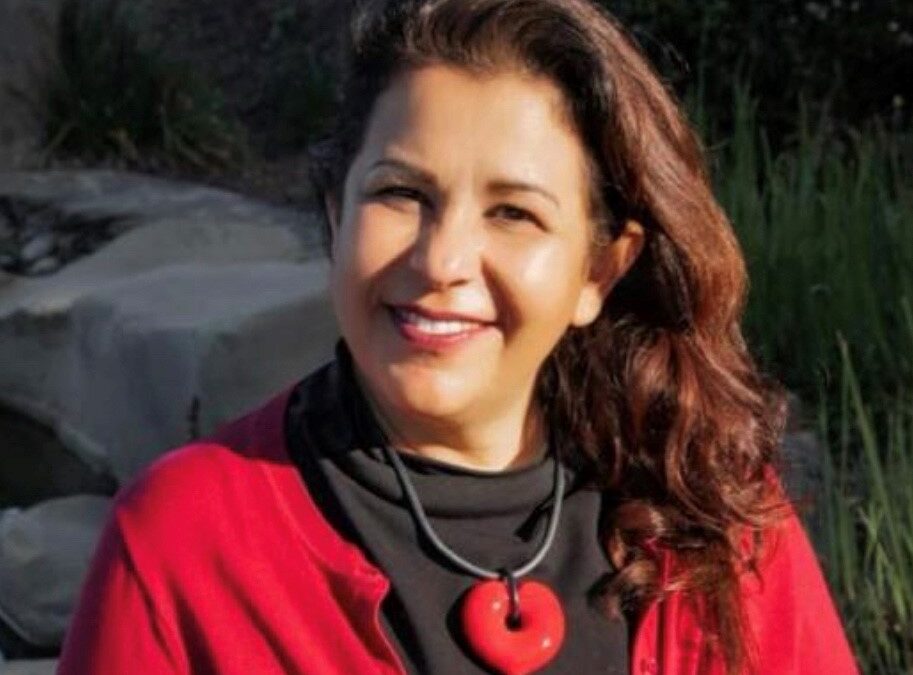Certified EFT therapist Jila Behnad from California is leading a workshop titled “Can You See Me?” This workshop focuses on cultural humility through an attachment lens.
In graduate school, Iranian American EFT therapist and supervisor Jila Behnad learned about cultural competency. “Every week, the focus in class shifted to a different group. We covered African, Asian, and Middle Eastern cultures. The more we learned, the more disappointed I became. Being from the Middle East myself, I felt like I was being put into a box. I am not defined solely by my culture or religion; I am unique. I wanted them to see me for who I truly am – Jila as an individual.”
Cultural competency encompassed three main topics: awareness of one’s own culture and biases, knowledge of other cultures, and skills to work with different cultures. However, Jila concluded that this was not sufficient. “I realized I needed cultural humility. I desire for my therapist to be genuinely curious about who I am and the world I come from.”
Becoming American
Cultural humility, a term she coined, is what is needed of a therapist to work with clients from different cultural backgrounds. It consists of three components: lifelong learning and critical reflection; recognizing the power balance in session; and institutional accountability. This approach is built on openness, self-reflection/awareness, lifelong learning, institutional accountability, empathy, compassion, and an other-oriented attitude. “Recognizing the power balance in session means that as a therapist, you acknowledge your greater power, but believe the client is the expert. When I sought therapy, I felt my therapists wanted me to assimilate to American culture and address my issues in the American way. Being curious about my culture and asking about my ways can foster a deeper connection.”
The third component is institutional accountability. “As a therapist, cultural humility extends beyond the individual. I support my client; I am their ally. The migrant’s feelings of how society perceives them are always valid to me.”
Jila emphasizes that cultural competency alone is not enough. “It can position the therapist as superior, instructing the client on how to behave in their culture. Ultimately, therapy should focus on attunement. EFT encourages humility, connection, and learning from clients, which resonated with me.”
Tears
She has been conducting this workshop in various countries and settings for about 6 years now. And yet, “Every time I deliver this course, I am in tears. I share my own experiences as a migrant, anecdotes about my sons, and stories from my clients. Initially, I felt uneasy about shedding tears during my workshops. I thought I needed more therapy. However, I also noticed that it touched the hearts of the participants, encouraging them to open up and share their own stories. That’s the power of vulnerability. In this course, I don’t just teach; I share my heart, my story, my family, and my clients’.”
What is the one piece of advice she can offer to therapists aspiring to cultivate cultural humility? “To be compassionate with yourself. Without self-compassion, it’s challenging to extend compassion to your clients. Therefore, view your limitations with empathy. Acknowledge that there are many aspects of your clients’ lives that you may not fully understand. As long as I feel ashamed, I cannot truly see them. Embracing this awareness allows me to be curious. It transforms barriers into bridges.”
